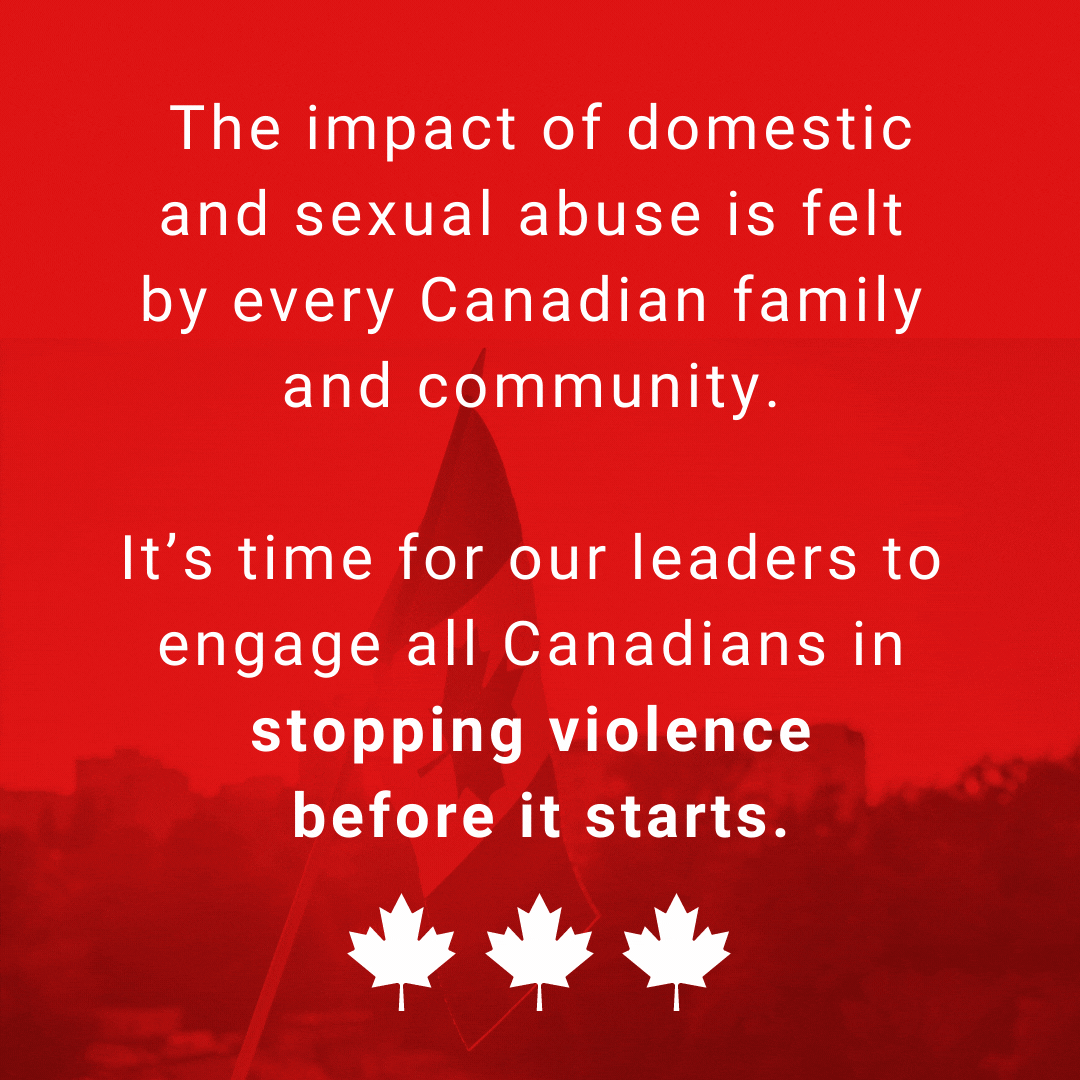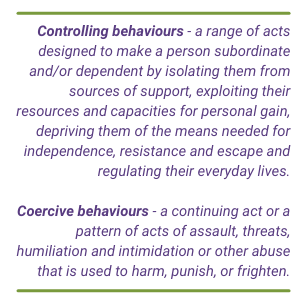
The COVID-19 pandemic has put domestic and sexual abuse in the headlines, as rates surged as much as 30 percent in our country and around the globe.
But while this ‘shadow pandemic’ has added urgency to prevention and intervention efforts, there’s been little evidence of it on the federal campaign trail.
Conservative Party of Canada Leader Erin O’Toole garnered some attention when he proposed new animal welfare measures, including adding animal cruelty as an aggravating factor in domestic violence prosecutions and support for pet owners fleeing abusive situations.
This announcement touches on the larger issue of coercive and controlling behaviours, which should feature prominently in all party platforms.

Relationships where coercive and controlling behaviours are used have more frequent and severe violence, including lethal violence, that is less likely to stop.
Criminalizing coercive control would empower police and our justice system to prevent the escalation of violence. This was recognized in the Standing Committee on Justice and Human Rights’ 2021 report, The Shadow Pandemic: Stopping Coercive and Controlling Behaviour in Intimate Relationships. Advancing the Committee’s recommendations is key to violence prevention.
Action on coercive control is one measure that should feature in an abuse prevention plan that must include prevention, prosecution, and protection.
This election provides a unique opportunity to bring abuse prevention strategies to the forefront of the Canadian policy conversation. The right plan, that talks about violence in the right way, has the potential to engage all Canadians in stopping violence before it starts.
The impact of domestic and sexual abuse is felt by every Canadian family and community. Political parties and their candidates should take action on their behalf by making abuse prevention, focused on the role every Canadian can play as an informal supporter, a cornerstone of their platform and prominent in their public remarks.
2021 Federal Election Policy Recommendations
Parties should support a domestic and sexual abuse prevention strategy that includes prevention, prosecution, and protection.
Help Spread the Word